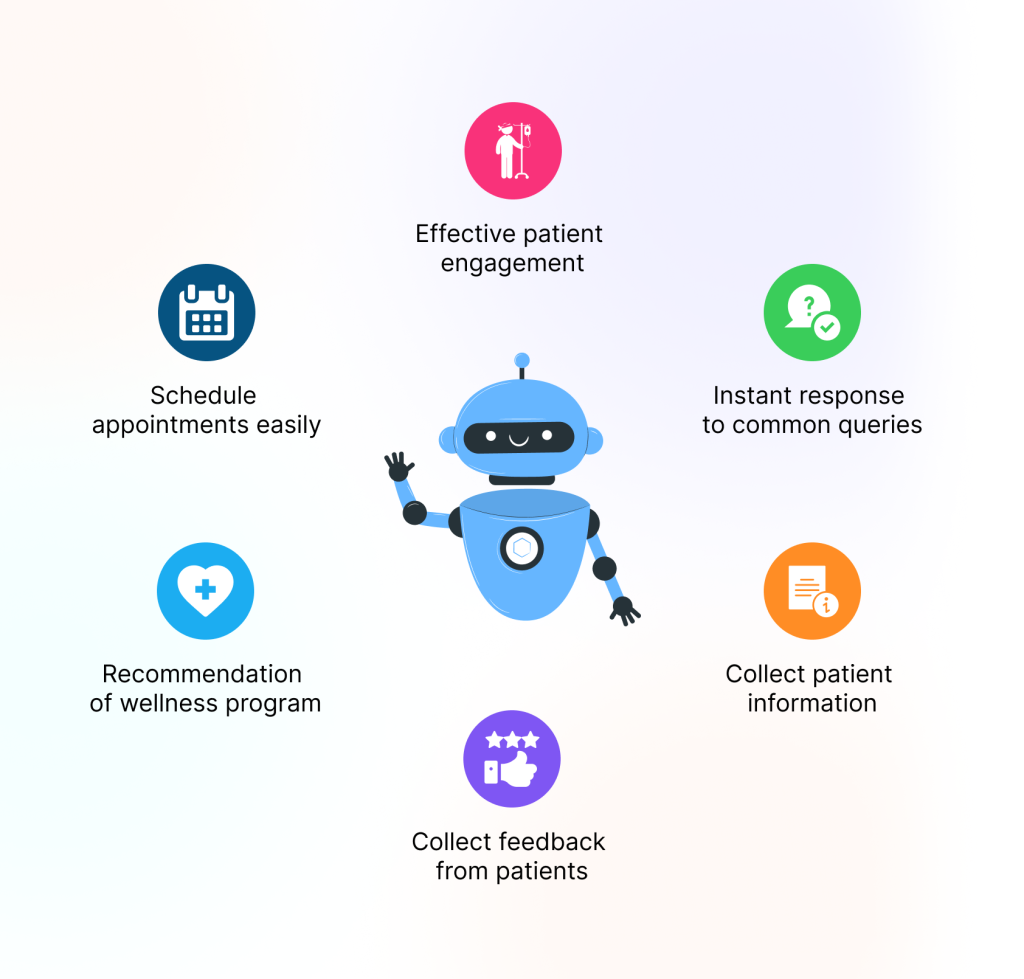Have you ever interacted with a computer program that responded to your voice or text messages as if it were human? If so, you were likely chatting with a chatbot. Chatbots are computer applications that can simulate human conversation and provide real-time information through voice or text input. One of the main benefits is making it easy for users to quickly find the information they need without the need for human intervention. For example, if you’re looking to place a customer support ticket, or ask questions that may take you to the FAQ.
This comes at the concern of many, stating that this will take away jobs. But mundane tasks like this are something AI can come in and change. If we were able to automate a certain task so someone else didn’t have to do it, I think a majority of people would agree. This is also extremely important for businesses, with statistics that state that “50% of consumers will switch to a competitor after one bad experience, and 80% will switch to a competitor after more than one bad experience.” (Zendesk) This in turn will spark interest in those that want to keep recurring customers and keep their reputation even higher. One of the most popular fast food chains in Chick-Fil-A is the king of customer service and has a group of loyal customers.

But in this specific case discussing Chatbots, they are also able to revolutionize customer service by providing instant support, reducing wait times, and increasing efficiency. As the technology behind chatbots advances, we can expect to see more innovative uses in various industries, transforming the customer experience for years to come.
ChatBots in the Food Industry
The food industry is embracing chatbots as a new way to revolutionize the customer experience. Chatbots can be integrated into restaurant websites or mobile apps, allowing customers to order food and track their delivery status without human interaction. This not only provides a self-service option for customers but also reduces the workload on restaurant staff. Working at Chickfila, and seeing the mobile order industry boom was an added plus as I was able to focus on fewer customer orders, and focus my attention on the customer service aspect.
Additionally, chatbots can also provide personalized menu recommendations and answer customer queries, making the overall customer experience more enjoyable. As chatbot technology continues to advance, we can expect to see more restaurants incorporating chatbots into their operations in the future. Meet Domino’s newest employee, Dom!!

ChatBots in the Health Care Industry
Chatbots are also making their way into the healthcare industry, providing patients with a new way to access healthcare services and information. Healthcare providers can integrate chatbots into their websites or mobile apps, allowing patients to schedule appointments, receive prescription refills, and get answers to common medical questions. In addition, chatbots can provide personalized recommendations based on a patient’s medical history and symptoms, improving the overall patient experience. With the increasing use of chatbots in healthcare, we can expect to see more innovative uses of the technology in the future, transforming the way patients interact with their healthcare providers. This idea stems from the use of Telemedicine as well and has shown large effects on western medicine.
This is also a pretty big deal for the less technically savvy community, the baby boomer generation. We’ve seen countless times as our grandparents talk about how often they go to the doctor’s office. The idea of chatbots may be able to sometimes reduce the likelihood of having to go. This not only would save money for the companies but the time for the individual. But obviously, we aren’t at the point where you can do a diagnosis based on AI, but maybe this is something someone else may talk about in the future.

Challenges of Implementing ChatBots
Implementing chatbots in various industries, including healthcare, retail, and customer service, comes with its own set of challenges. For one, chatbots rely heavily on machine learning and natural language processing to understand and respond to user input, which can be difficult to program effectively. Another challenge is ensuring that chatbots can maintain a high level of accuracy and efficiency while handling a large volume of user requests. In addition, there are concerns about data privacy and security when chatbots are used to collect and store personal information. The article below states some of the concerns with this and making sure the data reaches the right place securely.
Despite these challenges, the potential benefits of chatbots in improving customer experience and operational efficiency make them valuable tools for businesses and organizations to consider. As chatbot technology continues to evolve, we can expect to see more innovative solutions to these challenges, leading to even more widespread adoption of chatbots in various industries.
This article even discusses the negative impacts on businesses if the chatbot can’t understand the specific emotion of what a human may say. Stating that to “overcome this issue and create the best AI chatbot, you’ll need to invest a lot of time into training. This way, it can easily identify the correct sentiments and emotions of a human voice and respond in the right tone.” This is definitely something that will be taken into consideration as well.
The Future of Chatbots
The future of chatbots is extremely bright, we see advancements in the technology of machine learning and artificial intelligence like no other. As they learn more and understand human emotion it will be the most useful tool in the world, while also being the most cost-efficient. We can also expect to see more chatbots being integrated into various devices and appliances, such as smart home assistants and connected cars. This could allow for even more seamless interactions between users and technology.
The possibilities of this technology are endless, and it goes much further than putting in a customer support ticket.
Sources Used: